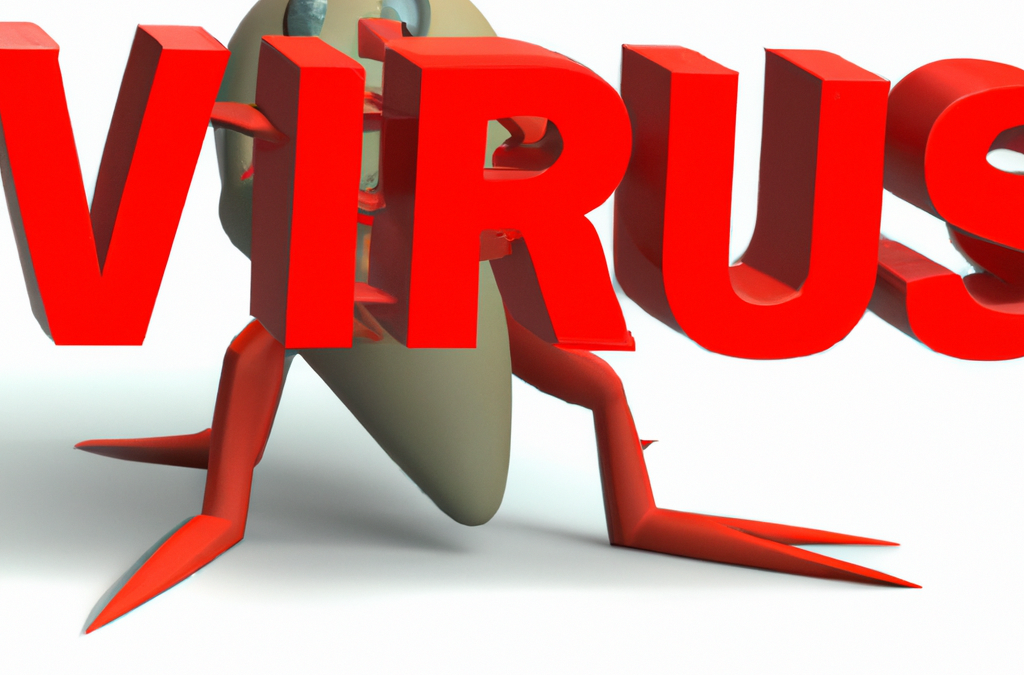Viruses and malware can cause significant damage to your computer, resulting in loss of data, identity theft, and other serious consequences. Protecting your computer from these threats is essential to keeping it running smoothly and keeping your personal information secure. In this blog post, we will provide you with some tips on how to protect your computer from viruses and malware.Install Antivirus and Anti-Malware SoftwareAntivirus and anti-malware software are essential to protect your computer from viruses and malware. Make sure to install a reputable antivirus software and anti-malware software that is updated regularly to provide the best protection. Some popular antivirus software include Norton, McAfee, and Bitdefender.Keep Your Software Up to DateKeeping your software up to date is important to ensure that you have the latest security updates and patches. Outdated software can leave your computer vulnerable to security threats. Make sure to update your operating system, web browser, and other software regularly.Use a FirewallA firewall can help protect your computer by blocking unauthorized access to your network. Windows and Mac computers have built-in firewalls that you can enable.Use Strong PasswordsUsing strong passwords is important to protect your computer and online accounts from unauthorized access. Make sure to use a combination of letters, numbers, and symbols and avoid using the same password for multiple accounts.Be Careful with Email Attachments and DownloadsEmail attachments and downloads can contain viruses and malware that can harm your computer. Be careful when opening email attachments and downloading files from the internet. Only download files and attachments from trusted sources.Use a Virtual Private Network (VPN)A VPN can encrypt your internet connection and protect your online activities from hackers and cybercriminals. Consider using a VPN if you frequently use public Wi-Fi networks.Use Two-Factor Authentication (2FA)Two-factor authentication (2FA) adds an extra layer of security to your online accounts by requiring a verification code in addition to your password. Many online services offer 2FA, including Google, Facebook, and Microsoft.Avoid Clicking on Suspicious LinksPhishing emails can contain links to malicious websites that can infect your computer with viruses and malware. Avoid clicking on suspicious links in emails and only visit websites that you trust.Backup Your DataBacking up your data is important to ensure that you don’t lose important files in case of a virus attack or hardware failure. Consider using an external hard drive or cloud storage to backup your data regularly.In conclusion, protecting your computer from viruses and malware is essential to keeping it running smoothly and keeping your personal information secure. By following these tips, you can minimize the risk of a virus attack and ensure that your computer is well-protected. Remember to keep your software up to date, use strong passwords, and be cautious with email attachments and downloads.
![]()

